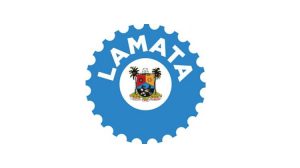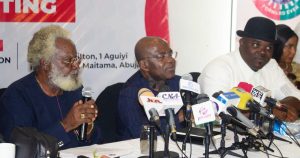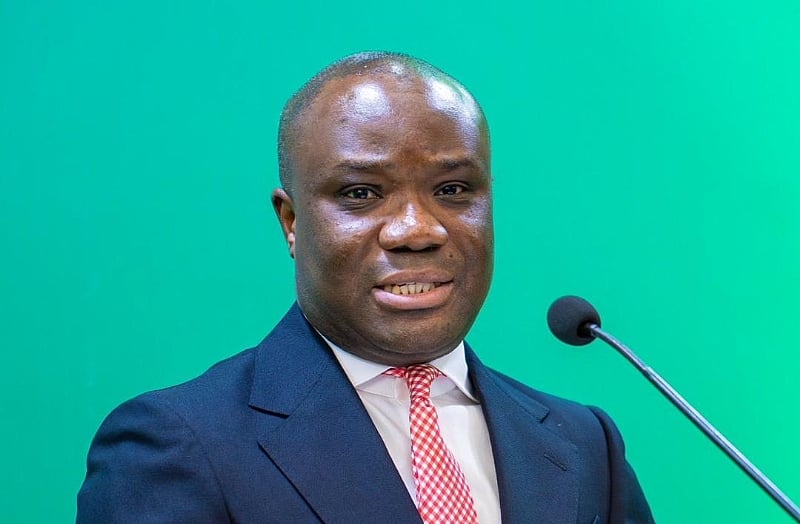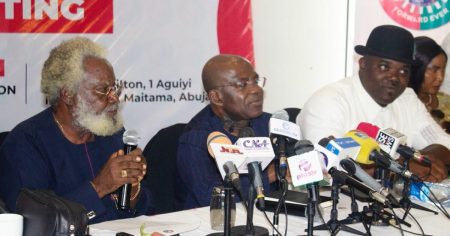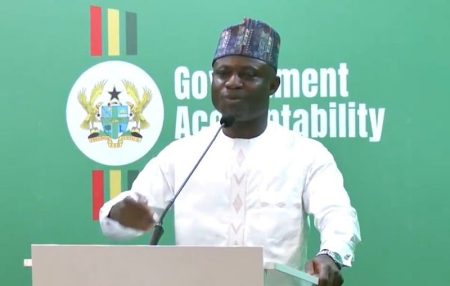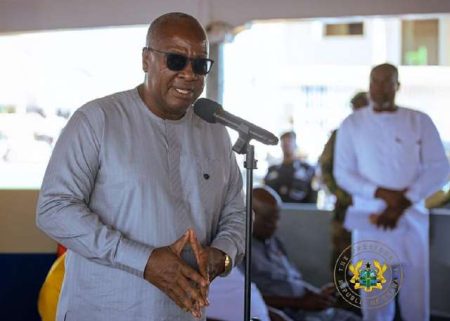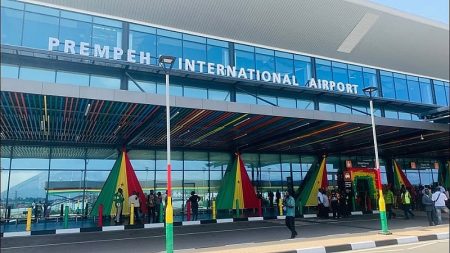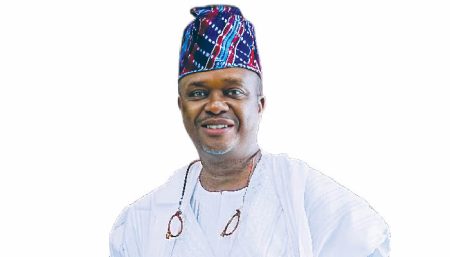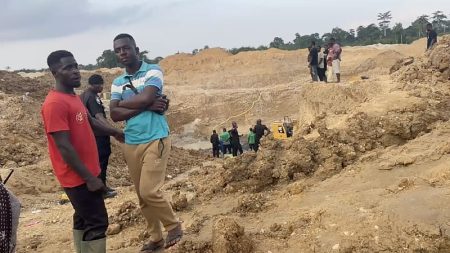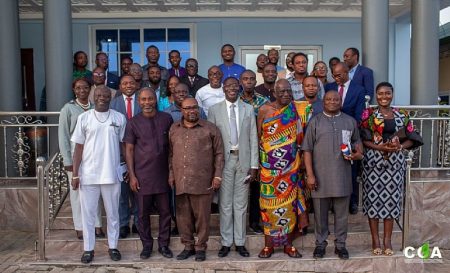The Ghanaian political landscape recently witnessed a clash between the ruling National Democratic Congress (NDC) and the opposition New Patriotic Party (NPP) over the government’s decision to abolish fuel allowances for political appointees. This move, initiated by President John Mahama, aimed to curb unnecessary expenditure and redirect public resources towards essential sectors of the economy. The directive, effective immediately, signaled the government’s commitment to fiscal responsibility and efficient resource allocation. However, the NPP swiftly countered the move, questioning its sincerity and demanding further action to demonstrate genuine commitment.
The NPP’s skepticism, voiced by Member of Parliament Samuel Awuku, centered on the perceived lack of comprehensive implementation. Awuku challenged the President to shut down fuel depots located at the Osu Castle and Jubilee House, arguing that this would be a tangible demonstration of the government’s commitment to cutting costs. He posited that the continued operation of these depots implied a continuation of free fuel provision for certain appointees, thereby contradicting the spirit of the directive. This challenge underscored the NPP’s distrust of the government’s stated intentions and their suspicion of underlying inconsistencies in the implementation of the fuel allowance abolishment.
In response to the NPP’s criticism, Felix Kwakye Ofosu, Minister of State for Government Communications, vehemently defended the government’s action, dismissing the NPP’s demands as illogical and unfounded. He argued that the call to shut down the fuel depots was based on a flawed understanding of the fuel allocation system. Ofosu emphasized that not all political appointees draw fuel from these depots, and that those located outside the capital, Accra, would logistically be unable to do so. He questioned the practicality of appointees from distant regions traveling to Accra solely for fuel, highlighting the absurdity of the NPP’s suggestion.
Further bolstering his defense, Ofosu asserted that the fuel depots at the Osu Castle and Jubilee House were largely non-operational. He stated that the depots were not actively dispensing fuel, thereby rendering the NPP’s demand moot. This assertion implied that the NPP’s concerns were based on outdated information and a misunderstanding of the current situation. By claiming the dysfunctional nature of the depots, Ofosu aimed to neutralize the NPP’s criticism and portray it as an ill-informed attack rather than a legitimate concern.
The clash between the NDC and NPP highlights the inherent political tension surrounding resource allocation and government spending. The NDC’s decision to abolish fuel allowances, while presented as a cost-saving measure, became a focal point of political debate. The NPP’s skepticism and demand for further action reflect a broader distrust of the government’s fiscal policies and a tendency to scrutinize their actions for any hint of hypocrisy. The government’s response, in turn, underscores its defensive posture and its efforts to portray its actions in a positive light.
This exchange over fuel allowances epitomizes the ongoing political struggle in Ghana, where the government’s efforts to manage public resources are constantly subjected to opposition scrutiny. The debate over the fuel depots exemplifies the challenges of implementing policy changes and the difficulty of achieving consensus on even seemingly straightforward measures. The clash also underscores the importance of transparent communication and the need for clear and consistent messaging from the government to avoid misinterpretations and maintain public trust. The incident reveals the complex dynamics between the ruling party and the opposition, and how even seemingly minor policy decisions can become highly politicized and fuel ongoing tensions.


